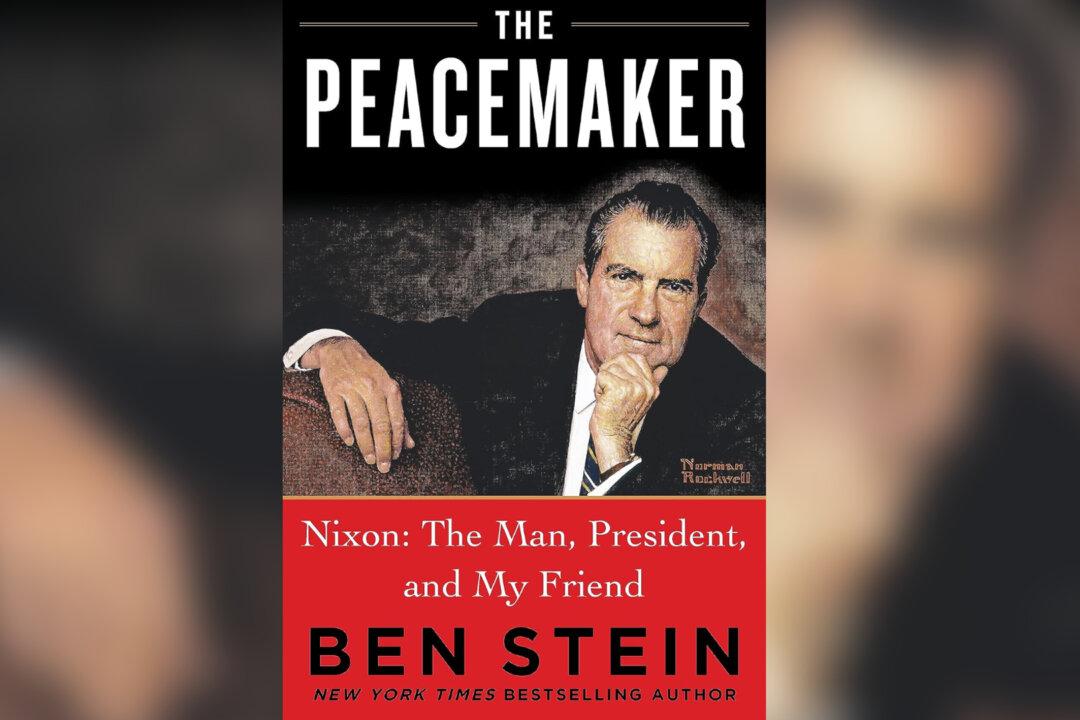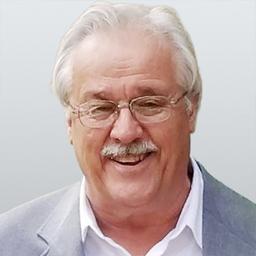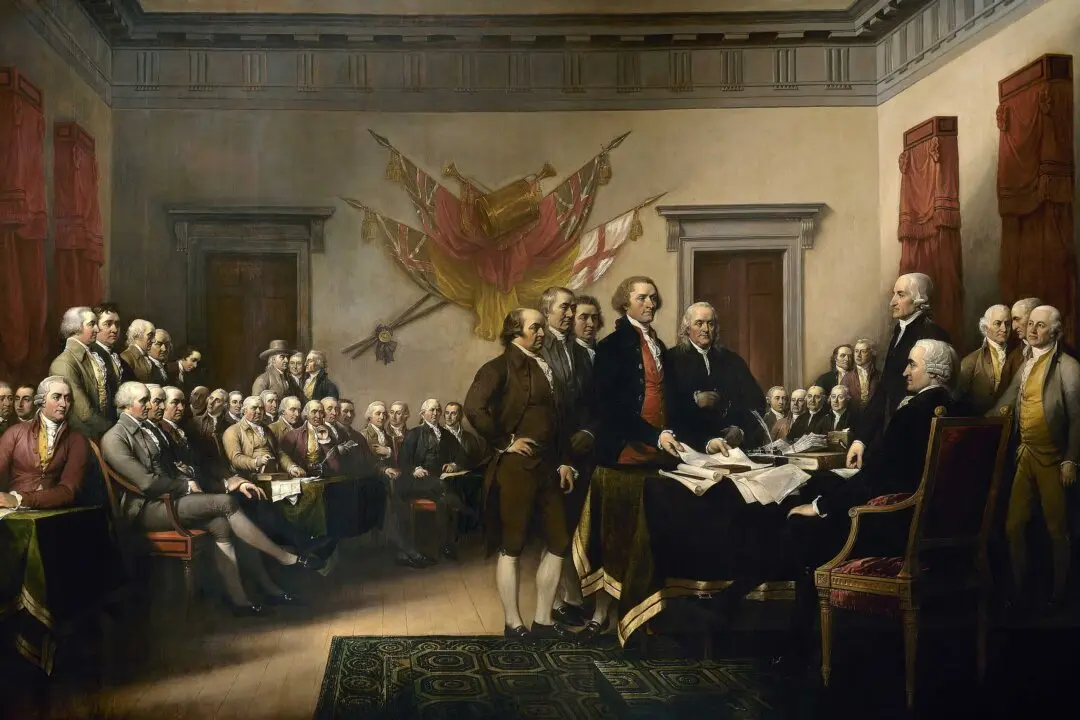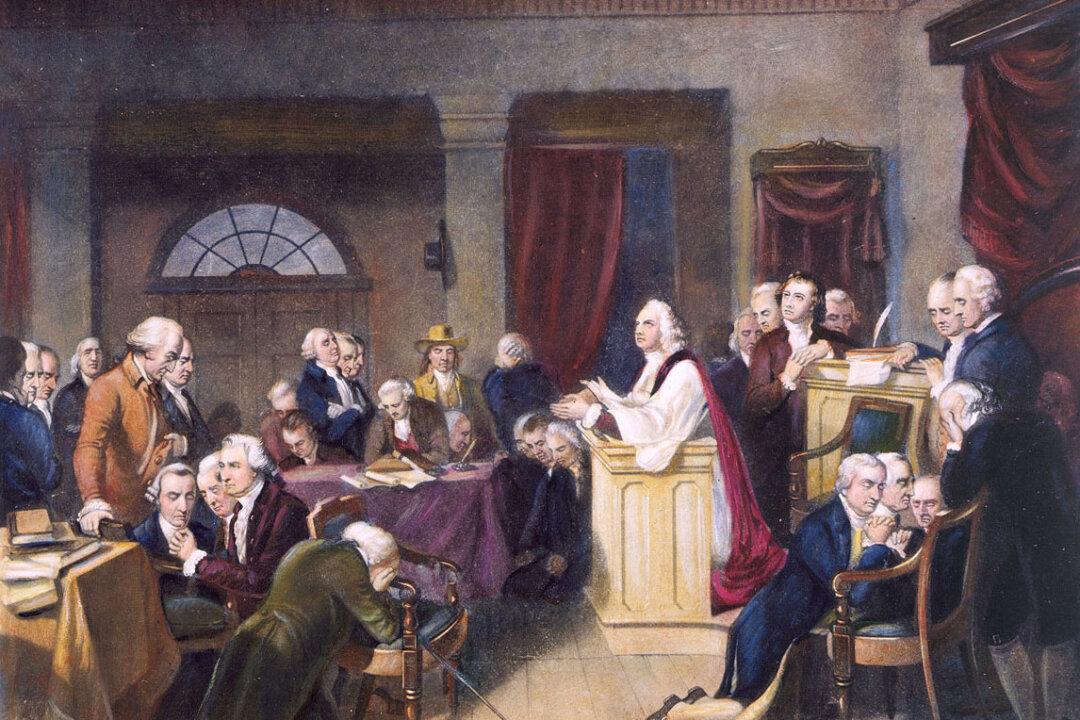In his Richard Nixon book “The Peacemaker: Nixon: The Man, the President and My Friend,” author Ben Stein has crafted the literary version of a Toyota Prius—a hybrid: part Nixon biography, part Stein memoir, and part fan letter to one of the most controversial presidents of the 20th century. In his fascinating tribute to Nixon, the author has provided a poignant and private look at Nixon the man, Nixon the president, and Nixon, Mr. Stein’s friend.
“Nixon, the greatest peacemaker of all time, who gave us a ‘generation of peace’, was humiliated over trivial matters that were way below what other presidents have done,” Mr. Stein writes in defense of the former president.






